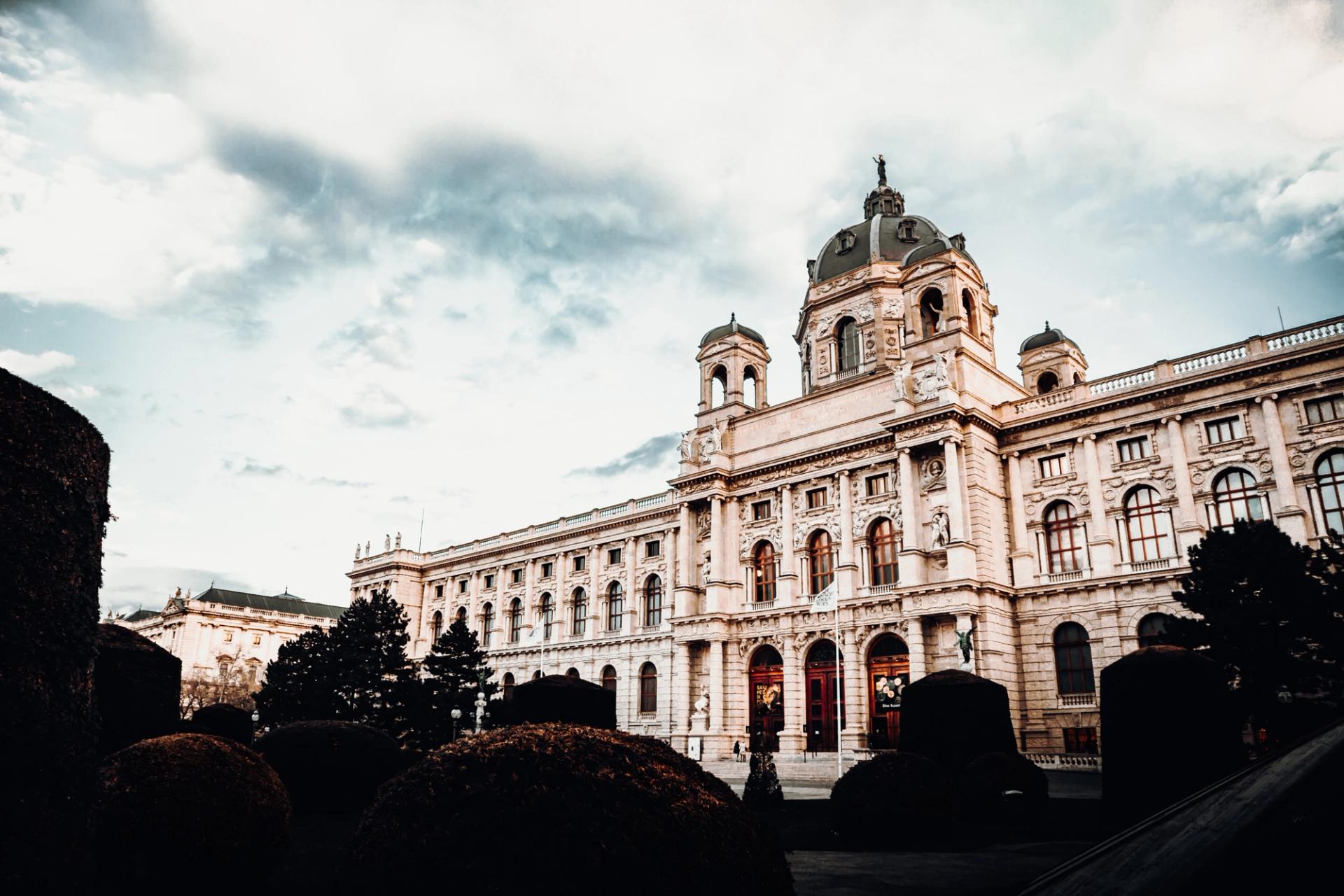Jonathan Fine’s journey, from his childhood in New York to his appointment as managing director of the Kunsthistorisches Museumsverband in Vienna, has seen many twists and turns, including many years of practice as a lawyer. Since July 2021, he has been scientific director of the Weltmuseum in Vienna, one of the museums he will oversee when he takes up his new role in 2025.
His two years in Vienna, plus a doctorate. in art history which involved the study of Habsburg collections – gave him insight into the institution he would lead. His top priority, he says, is to raise the international profile of the KHM.
“When you compare us to peer institutions in other countries, we’re just lesser known, even though the collections are just as spectacular,” he says. “The second priority is not just to grow our audience, but to really work to open the house up to a wider audience to make it more accessible. I would like the citizens of Vienna to feel at home here and consider it their living room and entertainment space outside the house.

The Kunsthistorisches Museum in Vienna © Daniel J. Schwarz
From January 1, 2025, Fine will be responsible for the Kunsthistorisches Museum, the Weltmuseum and the Austrian Theater Museum. Their collections, largely the product of centuries of fervent collecting by Habsburg emperors and archdukes, range from Egyptology, coins, armories and paintings to natural wonders and artifacts accumulated on multiple expeditions to remote areas of the world.
At a press conference in Vienna on Thursday to announce the appointment, Culture Minister Andrea Mayer said Fine “understands the burning issues facing museums today” and “represents a thoroughly modern concept of a museum that addresses social issues”.
Born in New York in 1969, Fine earned a bachelor’s degree in history from the University of Chicago and English literature from Cambridge University, as well as a professional law degree from Yale University. His doctorate. in Art History from Princeton University focused on the beaded thrones of the Bamum kingdom in Cameroon. He says he owes his perfect German to a student exchange program that took him to West Germany for a year when he was 14.
Fine says his years of practice as a lawyer specializing in international commercial litigation, constitutional law and human rights are useful for his current and future roles.
“Being a lawyer teaches you to see problems from different angles,” he says. “And not just think there is an answer to complicated problems, but approach them with objectivity.”
Before taking up his post in Vienna, Fine was responsible for collections at the Museum of Ethnology in Berlin and curator of the collections from West Africa, Cameroon, Gabon and Namibia. He was closely involved in the museum’s plans to return its Beninese bronzes to Nigeria.
Shortly after his arrival in Austria, he was appointed head of a commission of experts which presented recommendations to the government last week on how to handle the returns of objects in national museums acquired in a colonial context.
“This subject is one I will carry with me as I make the transition from director of the Weltmuseum to managing director of the Kunsthistorisches Museumsverband,” he says. Not only the Weltmuseum, but also the Kunsthistorisches Museum has collections that could be affected by a new law, he says.
A third priority, he says, will be sustainability, both ecological and economic.
“There are a lot of processes we can redesign,” he says. “Other institutions have made great strides in creating a more sustainable model for museums and that is going to be very important to me.”
